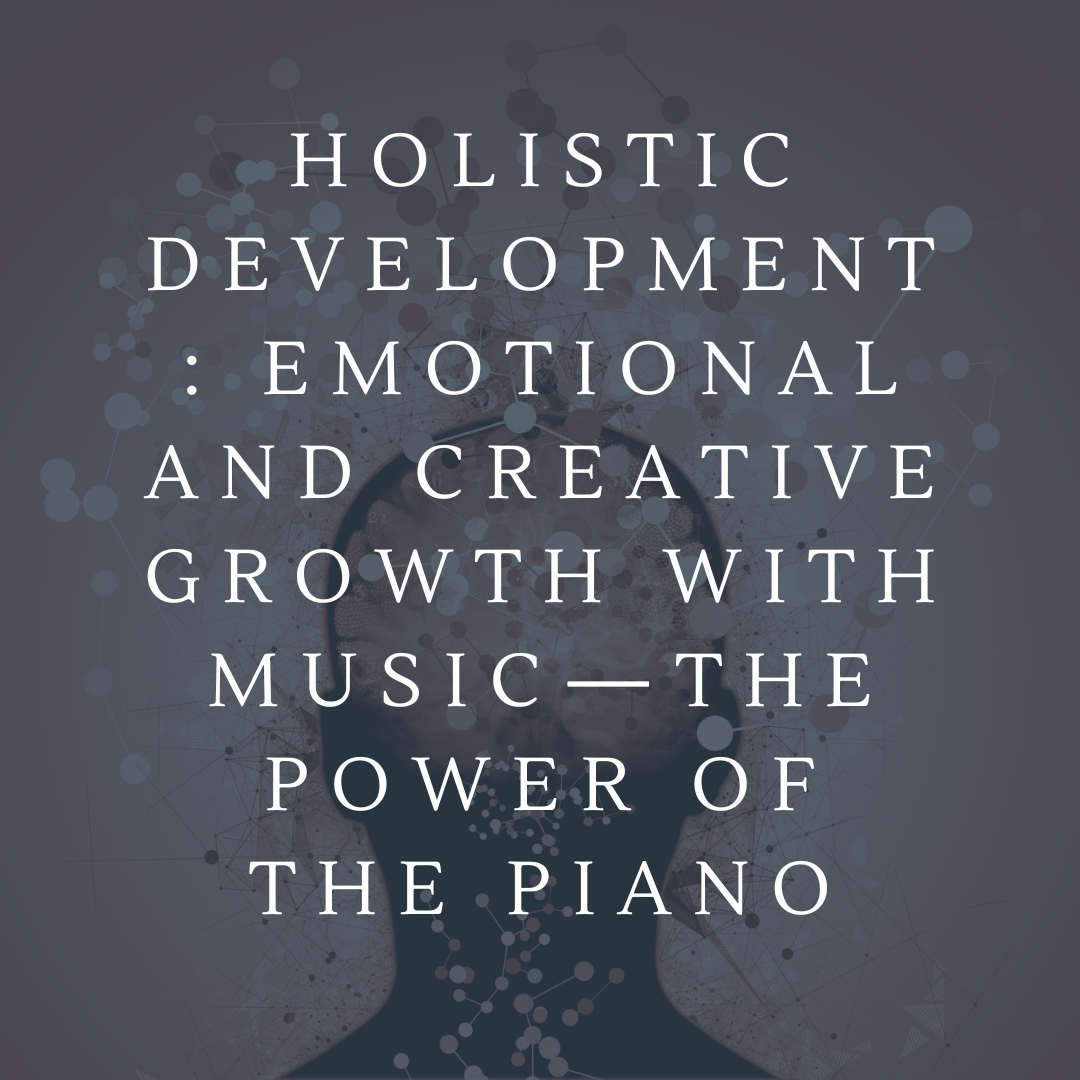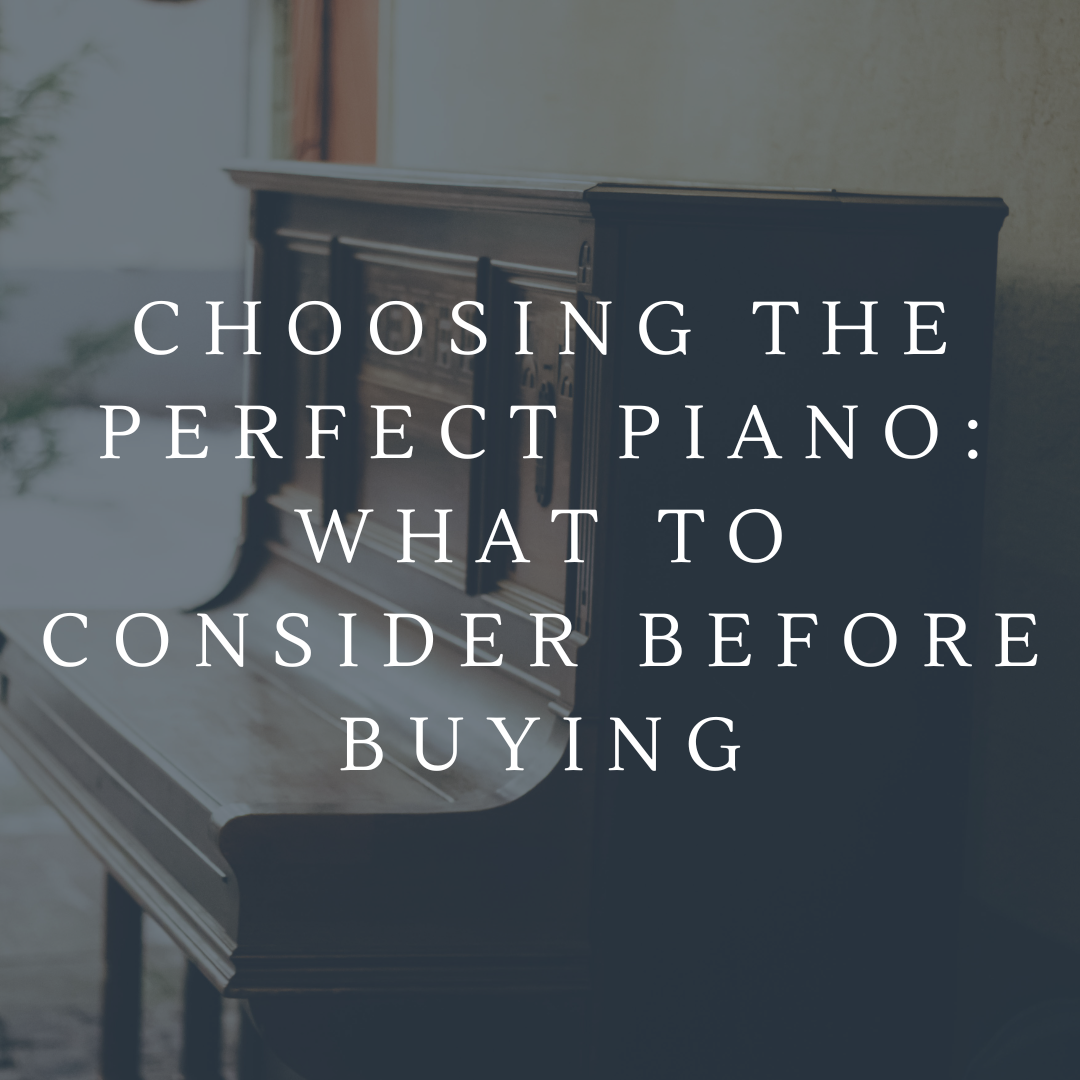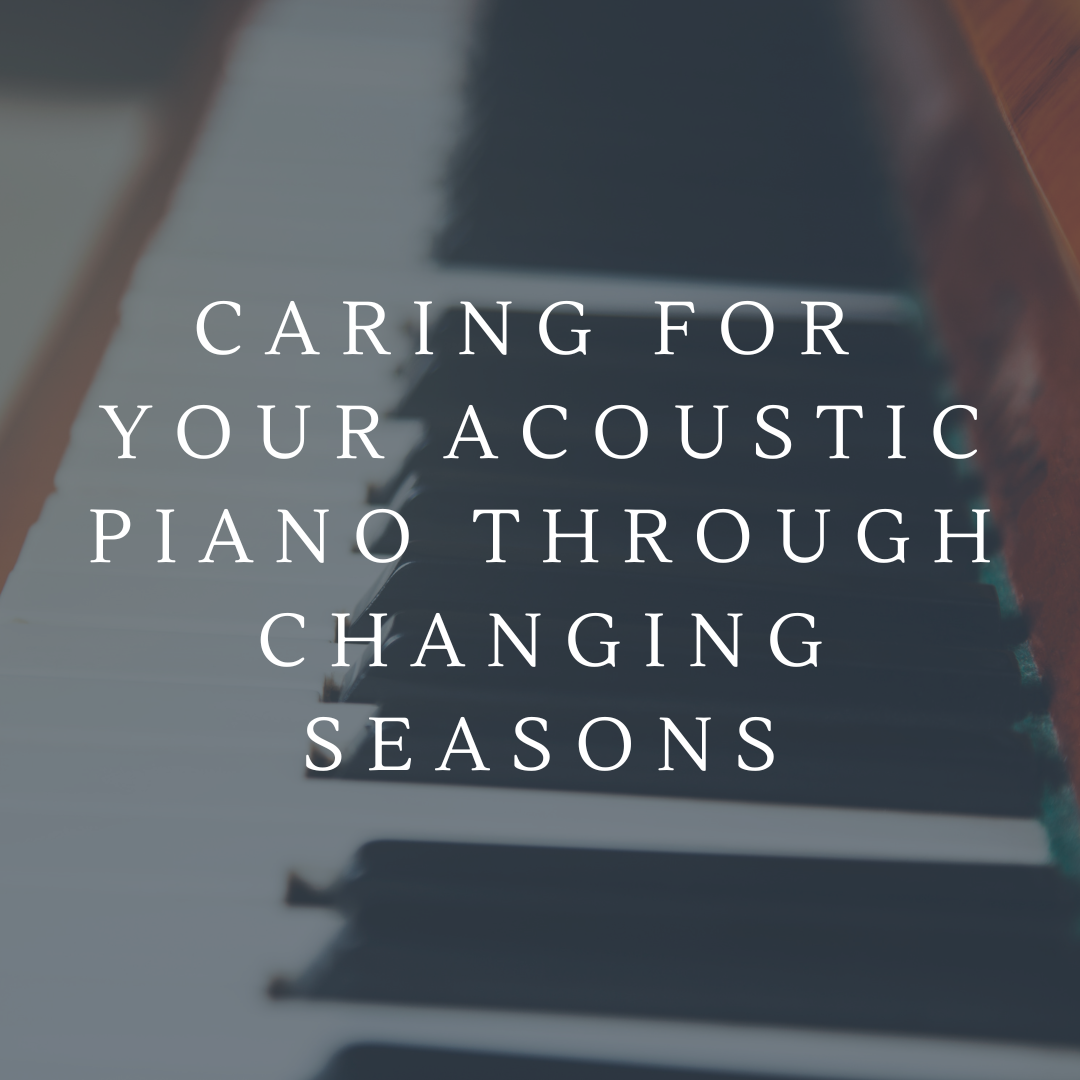
The movers just delivered the grand piano you purchased from the piano store near you and you can’t wait to play it. The first quiet moment you’ve got, you sit down and start with some of your favorite pieces. Only to find that the piano sounds just a little bit off. Over the next weeks the piano sounds more and more out of tune and, even more alarming, the character of the piano seems to change. At this point you are alarmed and ask yourself: Does this happen to other pianos after being purchased? Does this happen just to a baby grand piano or all sizes of grand and upright pianos? Or did the piano store sell me a grand piano that has issues?
The answer is very simple. Your piano is adapting to its new home and that change takes time. It is very common and happens to all pianos.
Your piano is primarily made out of wood that has been dried down to 5-9% humidity. It travels from the factory most likely in vacuum sealed packaging and is first unboxed at the local store. If you purchase your instrument from a piano store in Phoenix, Scottsdale, Gilbert or the surrounding areas you will find that most stores do not have a professional humidifying system to keep the grand and upright pianos at the ideal level of 35-45% humidity (Southwest Pianos controls its store humidity) Your home most likely has higher relative humidity than most piano stores near you and the wood in the piano will slowly start to absorb some of that humidity. As the wood absorbs humidity it expands, and that changes some of the important parts of the instrument.
Impact on Tuning of the Piano
The most discernible changes are usually in the tuning. The piano does not sound right. As the process of adapting to its environment usually takes 4-6 weeks, we suggest to our customers to play the piano intensively. Having a piano tuned prematurely will only momentarily place the piano in tune and will require it to be re-tuned another time again.
Impact On the Voice of the Piano
Voicing a piano is the art of adjusting the tonality of the instrument by changing the structure and shape of the piano hammer and its felt. Humidity changes will impact the felt of the hammer as it absorbs or releases humidity to its environment. Changes to the voicing happen very slowly and we recommend to wait for 8-12 weeks for the full effect to take place. Natural felt hammers as such offered by Abel Piano Felt Company are more resilient as they keep their natural water resistance. In many cases, the voicing of the instrument does not change at all and no further action is needed. (Please note that changes in the sound/ voice of the piano in your home may also be caused by your acoustics- for more information on that see the Blog Entry on Piano and Home Acoustics)
Impact on Regulation of the Piano
The most mechanically sophisticated part of the piano is its action which is the mechanism that transfers your fingerwork to the piano strings. With over three thousand moving parts made of wood, felt, wire and metal, it is also very sensitive. Sometimes, your piano will need some work on its action after a while in your home as the felts and little wood parts absorb or release humidity. The most obvious and immediate impact of humidity changes on your action are sticky keys. As humidity is absorbed the wood and felt expands and parts start having more friction than they should. While this is frustrating, it is a minor issue that is quickly fixed by a qualified piano tuner or technician. More delicate changes occur over time and can be not as easily detected.
Differences between Used Grand Pianos and New Grand Pianos
There certainly is a difference between new and used grand pianos. Used grand and upright pianos have parts that have become more “relaxed” and “settled” as they simply have had more exposure to variances in humidity and temperatures. New instruments on the other hand will display stronger reactions to changes in the ambient factors as the wood is younger and still interacts with the environment strongly.
An AZ Piano has its own challenges
An Arizona piano has more challenges in terms of humidity and temperature changes than an instrument e.g. in Seattle. Generally, piano will go out of tune during transitory periods (summer to fall, spring to summer). You will do your grand piano a favor, if you are in a place where humidity and temperature are stable.
For questions, please call us.
Comments will be approved before showing up.

Music has long been recognized as a powerful tool for emotional and creative growth. Among all musical instruments, the piano stands out as a gateway to self-expression, cognitive development, and emotional well-being. Whether you're a beginner learning your first melody or a seasoned pianist composing intricate harmonies, playing the piano fosters holistic development in ways that go beyond the keys.

Buying a piano is an exciting and significant investment, whether you’re a seasoned pianist or just starting your musical journey. With so many options available, it’s important to choose one that fits your needs, budget, and space. Here’s a comprehensive guide to help you navigate the process.

Your piano isn’t a piece of furniture; it’s an heirloom, a creative outlet, and an investment. Protecting it from the effects of the changing seasons ensures it remains a source of joy and music for years to come.